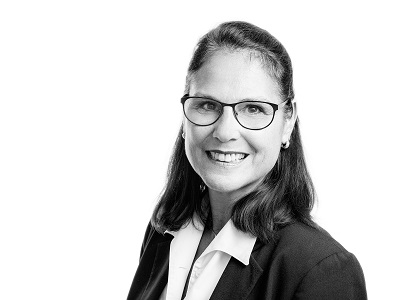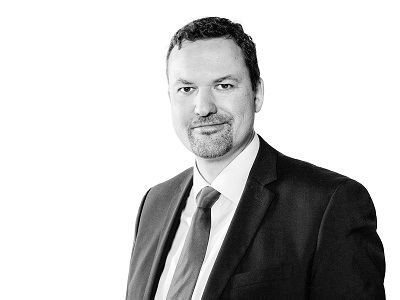CJEU confirms EUIPO practice on priority in design applications
In today's judgment, the CJEU surprisingly upheld the EUIPO's handling of priority in design applications. The ruling did not follow the Advocate General's opinion and did not open further strategic possibilities for cross-priority that the plaintiff hoped for. What will have to change, however, is the practice of granting national designs in Germany based on foreign patents.
27 February 2024 by Christina Schulze
The Council (EC) Regulation on Community designs is clear and conclusive, said the European Court of Justice (CJEU) in its ruling today. There is no loophole in Art. 41 of the Design Regulation No. 6/2002, as the European General Court (EGC) had seen in its previous decision (T 579/19).
The EGC followed the assessment of the plaintiff, Kaikai Company. According to this, Article 4 of the Paris Convention closes a regulatory gap in Article 41 of Regulation No. 6/2002.
CJEU sets the bar

Jeannette Hellmann-Cordner
However, the European Union Intellectual Property Office (EUIPO) took action against this, winning at the CJEU in the final instance. The EUIPO had brought in the European Commission as a co-litigant. The commission is working in parallel on a new design regulation.
The decision clarifies that Article 41 of the Council Regulation No. 6/2002 on Community designs applies conclusively to the priority of design applications at the EUIPO.
There are no further possibilities for cross-priority claims. The time limit is six months. The EUIPO’s current granting practice has thus been upheld in all respects.
German procedure in focus

Tim Lachmann
According to representatives from Zimmermann & Partner, who were involved in the proceedings, the current practice in Germany must now change.
Until now, a German design could be registered in Germany on the basis of a foreign patent with a time limit of 12 months. As this provision is based on recourse to Article 4 of the Paris Convention, it is now likely to be invalid. This is because the CJEU rejected such recourse in its decision.
High thresholds
The decision is noteworthy for two reasons. Firstly, the CJEU only allows such proceedings in extremely rare cases. The threshold for this is high, as the proceedings must be significant for the unity, coherence or development of EU law.
Secondly, the CJEU follows the Advocate General’s opinions in the majority of its judgments. Tamara Ćapeta’s opinions largely followed the previous judgment of the EGC.
The EGC had ruled in favour of plaintiff Kaikai Company on four out of five points. Now that the CJEU has overturned the judgment, the company’s registered design now has a filing date eleven months later.
Zimmermann in driver’s seat

Frank Steinbach
Product design company Kaikai Company is based in Munich. The ten-strong team creates industrial and product design, visualisations and is also active in action sports. Two designers, Christian Jaeger and Tim Wichmann, founded the company in 2010.
German mixed law firm Zimmermann & Partner represented KaiKai Company in the previous instances. Prior to the litigation, the company had trusted the law firm with design applications for several years.
For the KaiKai Company Jaeger Wichmann
Zimmermann & Partner (Berlin): Jeannette Hellmann-Cordner; patent attorneys: Frank Steinbach, Tim Lachmann (both Munich)
For EUIPO
In-house (Alicante): Emmanouil Markakis, Dominik Hanf, Daniel Gaja, Vincent Ruzek
For European Commission
In-house (Brussels): Gregor von Rintelen, Julie Samnadda, Petra Nemeckova
Court of Justice of the European Union (C-382/21 P)
Koen Lenaerts (president); Lars Bay Larsen (vice-president); Küllike Jürimäe, Constantinos Lycourgos, Eugene Regan, Nuno José Cardoso da Silva Piçarra, Marko Ilešič and Peter George Xuereb (all presidents of chambers), Lucia Serena Rossi (rapporteur), Irmantas Jarukaitis, Andreas Kumin, Niilo Jääskinen, Nils Wahl, Ineta Ziemele, Jan Passer
Advocate General
Tamara Ćapeta